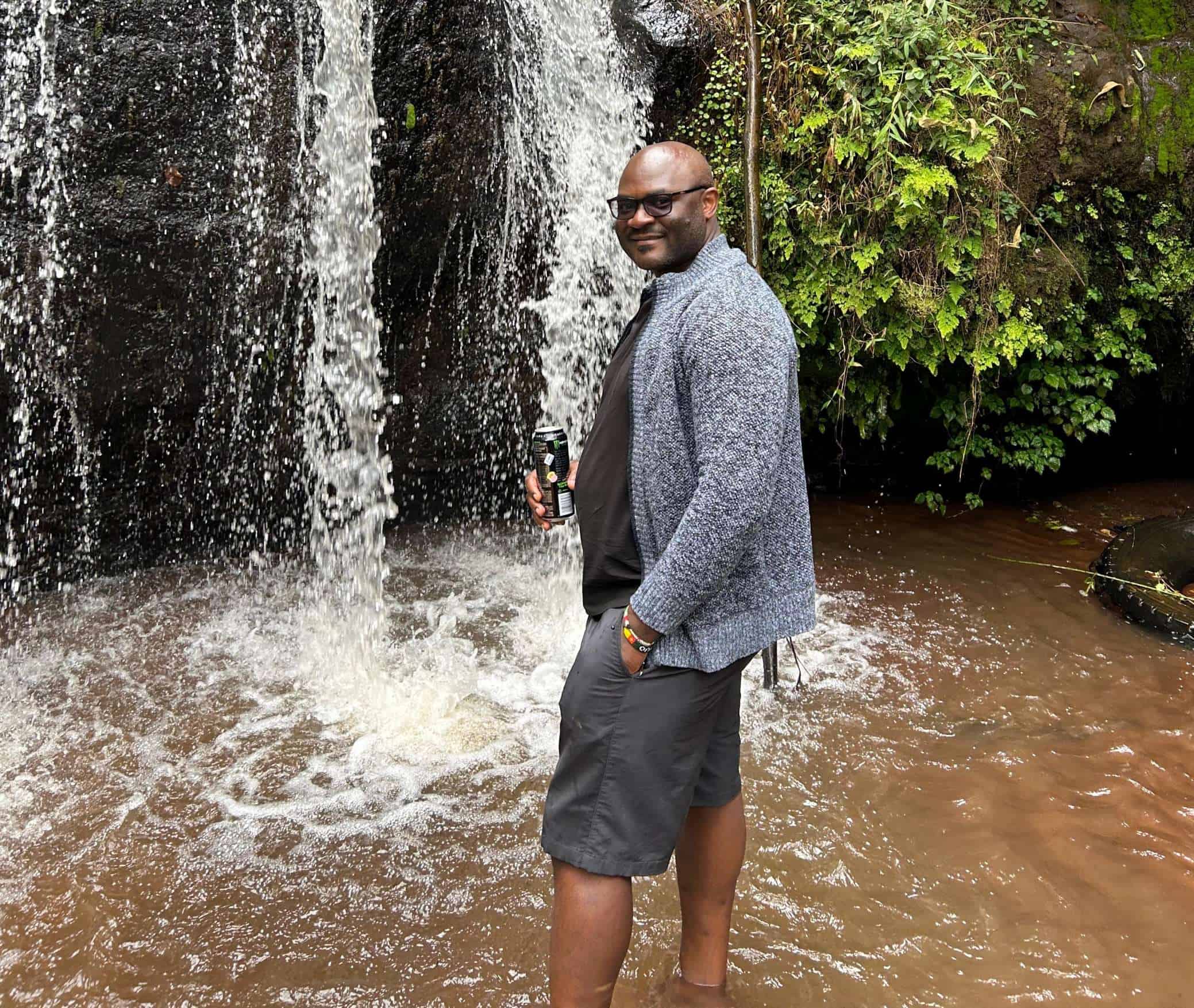
Strategic Partnerships as Africa’s Competitive Advantage in Today’s Funding Landscape
Luchuo Engelbert Bain, MD, PhD.
In an era of shrinking aid and shifting global priorities, Africa’s greatest strength lies not in competition for limited grants, but in strategic partnerships anchored in trust, complementarity, and shared purpose. Collaboration—not dependency—is Africa’s new currency for sustainable impact.
Most funders are increasingly leaning towards funding alliances, partners, networks and consortia. A critical reflection on what it takes to build performing networks is needed. Interrogating the challenges, opportunities, and best practices should constitute a permanent ongoing intentional learning agenda.
It is better to co-create one credible South–South initiative that works than to join ten symbolic consortia that deliver little. Small but excellent collaborations build the trust and reputation necessary to later attract high-value alliances. Starting small creates legitimacy—something tangible to “show for”—because what is good is good.
The persistent inequities in so-called African partnerships demand introspection and accountability. It is no longer enough to critique North–South imbalance; African institutions must lead by example—embedding transparency, shared governance, and mutual respect. True partnership begins when Africa takes responsibility for shaping, steering, and sustaining collaborations on its own equitable terms.
Some best practices in partnership building and nurturing include clarity, trust, and mutual capacity-building: negotiating roles early, documenting expectations through adaptable MOUs or partnership agreements, and ensuring joint monitoring and reflection.
Strategic partnerships are, ultimately, not formulas but living systems—dynamic, context-specific, and guided by learning rather than control.
For African research organizations, the strategic pivot is clear: move from dependency to co-ownership, from donor-compliance to shared innovation, and from volume to value. In this new era, a strategic partnership is not just a template—it is a way of thinking, a culture of collaboration and continuous reinvention that transforms scarcity into opportunity.
Sustainable and successful partnerships demand constant negotiation, documented equity measures, clear governance, co-ownership, balanced decision-making, intentional monitoring and evaluation of the partnership. There is no one-size-fits-all—partnerships must evolve through learning and shared responsibility. Fiona Larkan and colleagues (2016) have reported seven important core concepts emerged: focus, values, equity, benefit, leadership, communication and resolution.
Building and sustaining partnerships is not a given—it’s a skill. It demands empathy, negotiation, trust-building, and strategic communication. Many take it for granted, yet the ability to provoke, nurture, and sustain meaningful collaborations is what transforms ideas into impact, should be taught and should be learned.
“Partnership-building is learned, practiced, and refined—never accidental.”
Africa’s competitive edge will emerge from partnerships that blend intellect, legitimacy, and local ownership—not performative inclusion nor irrational competition. Africa should move from transactional alliances to transformative solidarities where African institutions co-create, lead, and sustain solutions. Strategic partnerships are not optional—they are Africa’s pathway to resilience, innovation, and sovereignty.





